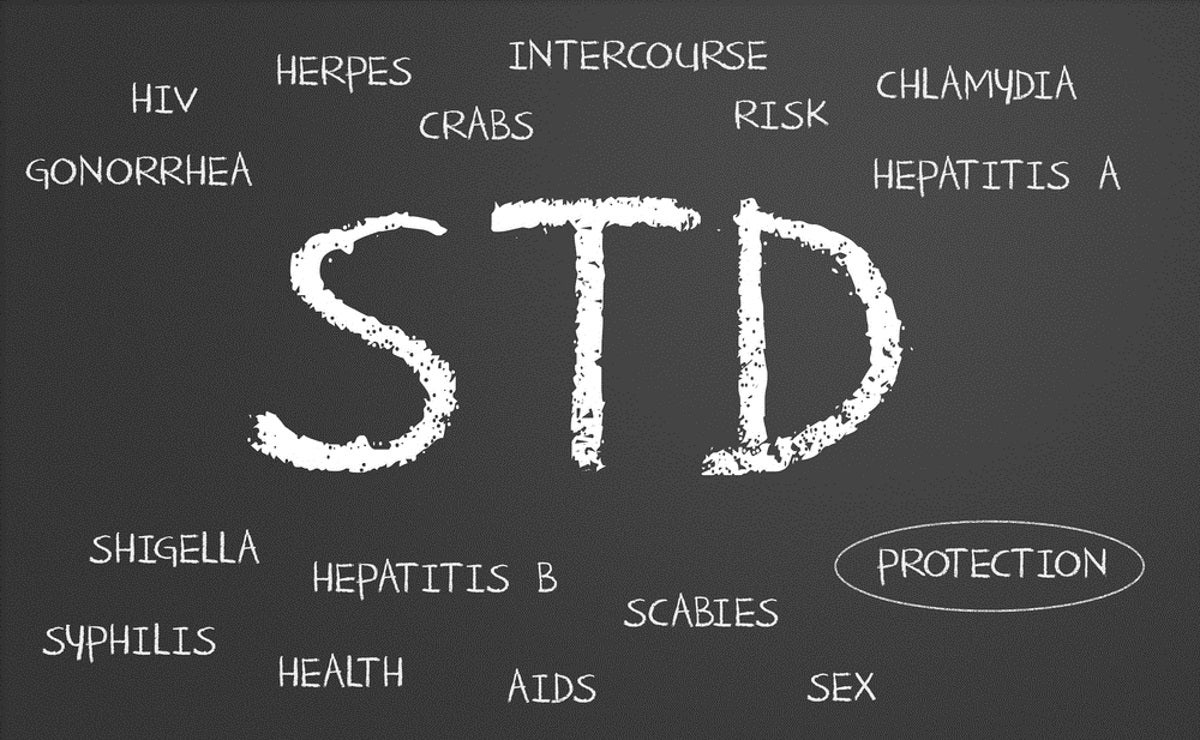Things you Should Know about Sexually Transmitted Diseases
There are more than 20 different sexually transmitted diseases/infections (STDs/STIs), and it’s estimated that there are about 20 million new cases in the United States each year. STI is a broader term that includes asymptomatic and curable sexually transmitted conditions that have less devastating consequences than STDs which may not have a cure.
STDs/STIs are caused by viruses, bacteria, or parasites. Various medications and antibiotics can be used to treat those caused by bacteria or parasites, but there is no cure for those caused by a virus. Some of the more common examples of each type are below:
- Virus related–genital herpes, HIV, and HPV
- Bacteria related–Chlamydia, Syphilis, and Gonorrhea
- Parasite related–Trichomoniasis
Risk factors for STD/STI include (but are not limited to)
- Unprotected intercourse
- Multiple partners
- History of STD/STI
There is a wide range of symptoms that can occur, and many of the symptoms are the same as for a number of other gynecologic conditions. Some of the symptoms are
- Urinary discomfort
- Vaginal discomfort, itching and discharge
- Excessive and irregular vaginal bleeding
- Painful Intercourse
- Abdominal Discomfort
- Genital sores or bumps
- Swollen lymph nodes
- Rash on hands, feet, and truck areas
Often times, women do not experience symptoms of STD/STI, so it is important to aware of your risks and be diligent about annual medical exams. If you have any new or concerning gynecologic symptoms, keeping a symptom diary that you share with your doctor can be helpful. As there can be serious consequences of some STDs/STIs, it is critical that you not ignore or pass off any symptoms. The sooner an STD/STI is diagnosed, the better your long term prognosis could be.
Browse through the HysterSisters Intimacy After Hysterectomy Articles covering Post-hysterectomy and other Intimacy Issues including Female Sexual Dysfunction: What is FSD, how to talk to your doctor, pain during intercourse and more
This content was written by staff of HysterSisters.com by non-medical professionals based on discussions, resources and input from other patients for the purpose of patient-to-patient support. Reprinted with permission: Sexually Transmitted Diseases (STD)







